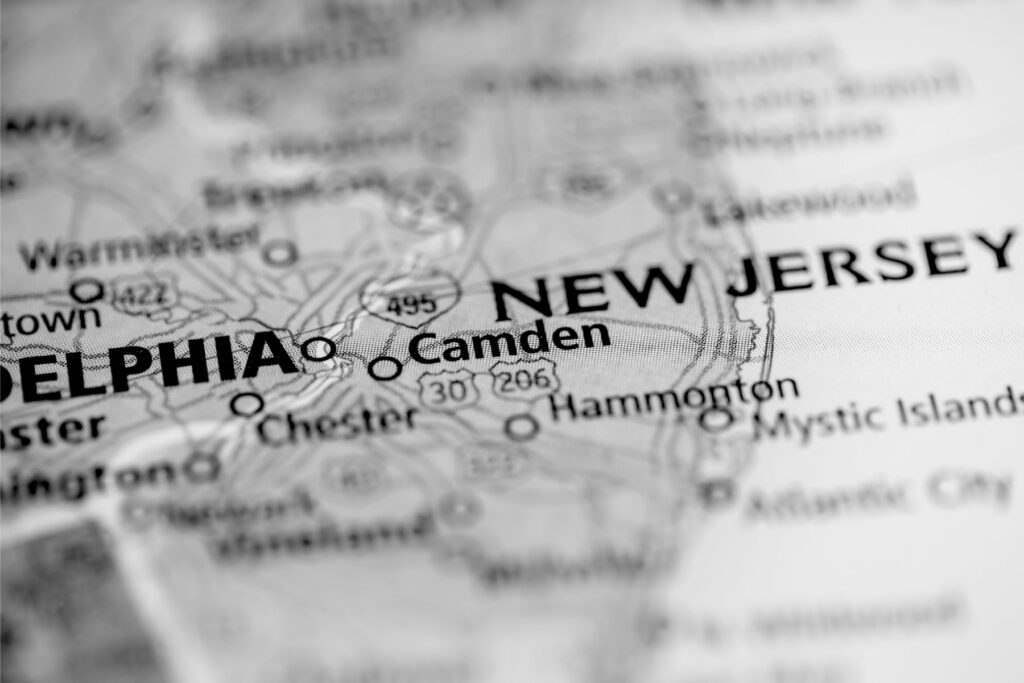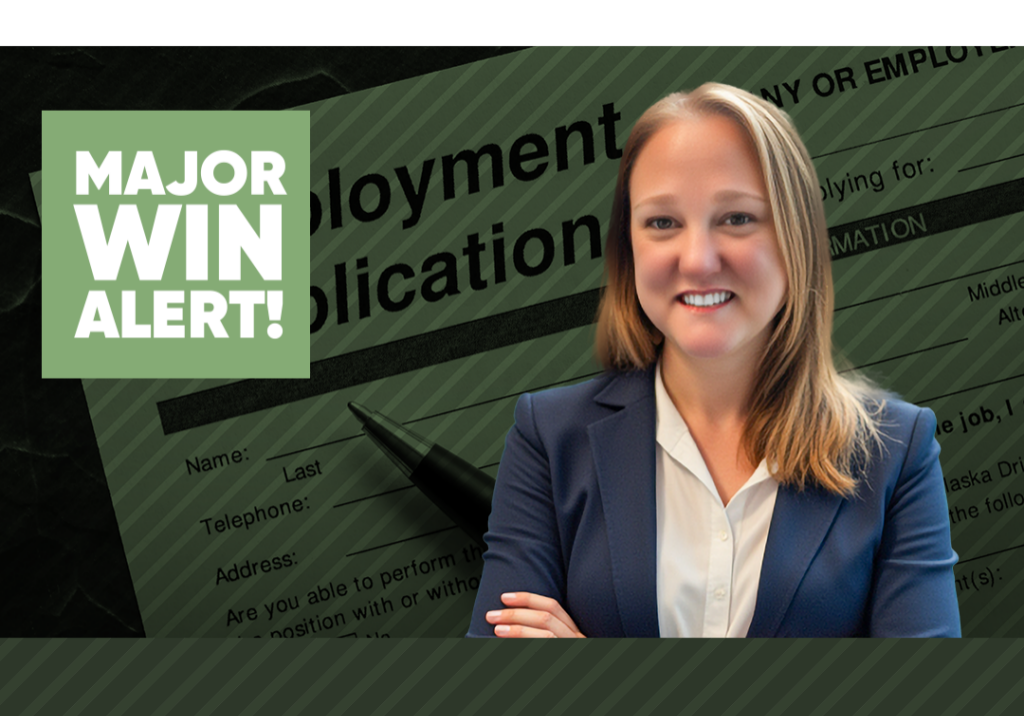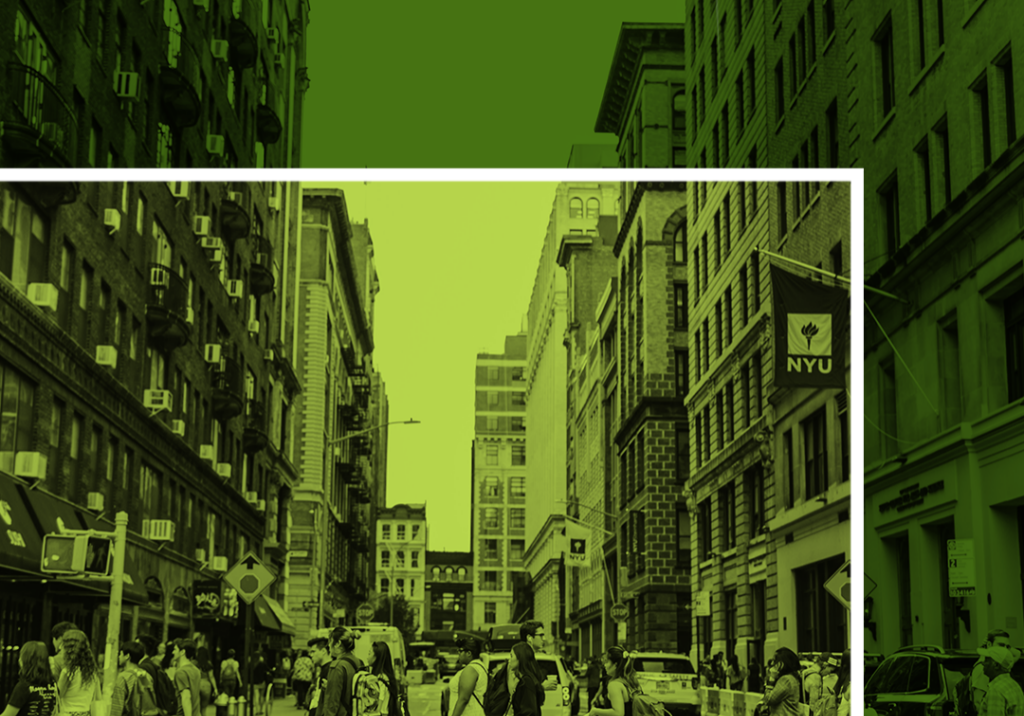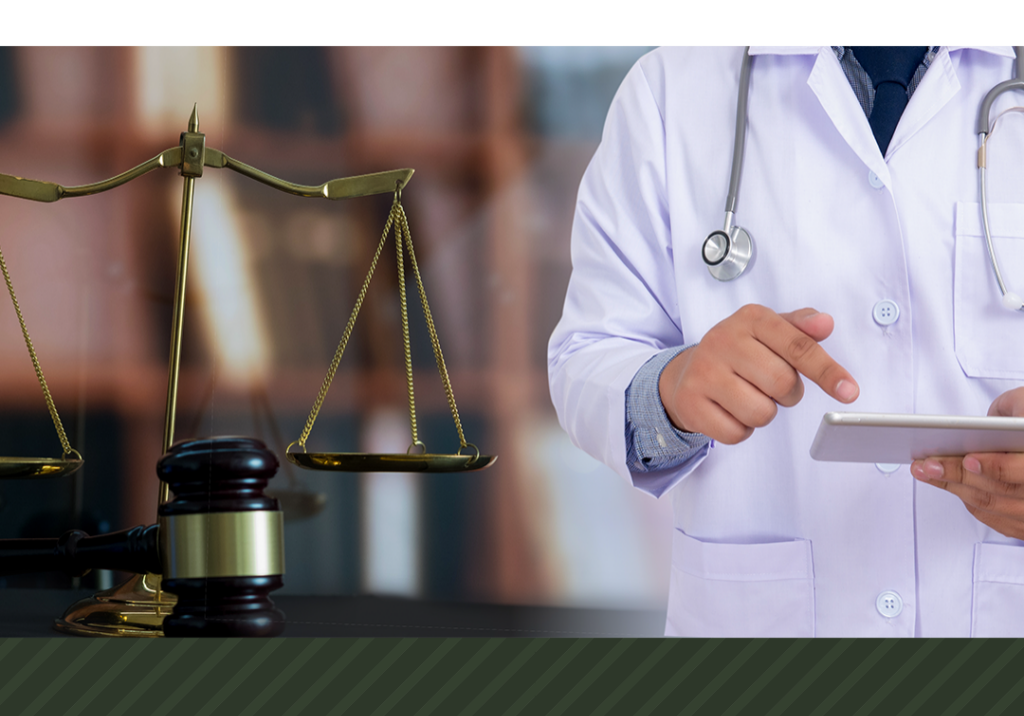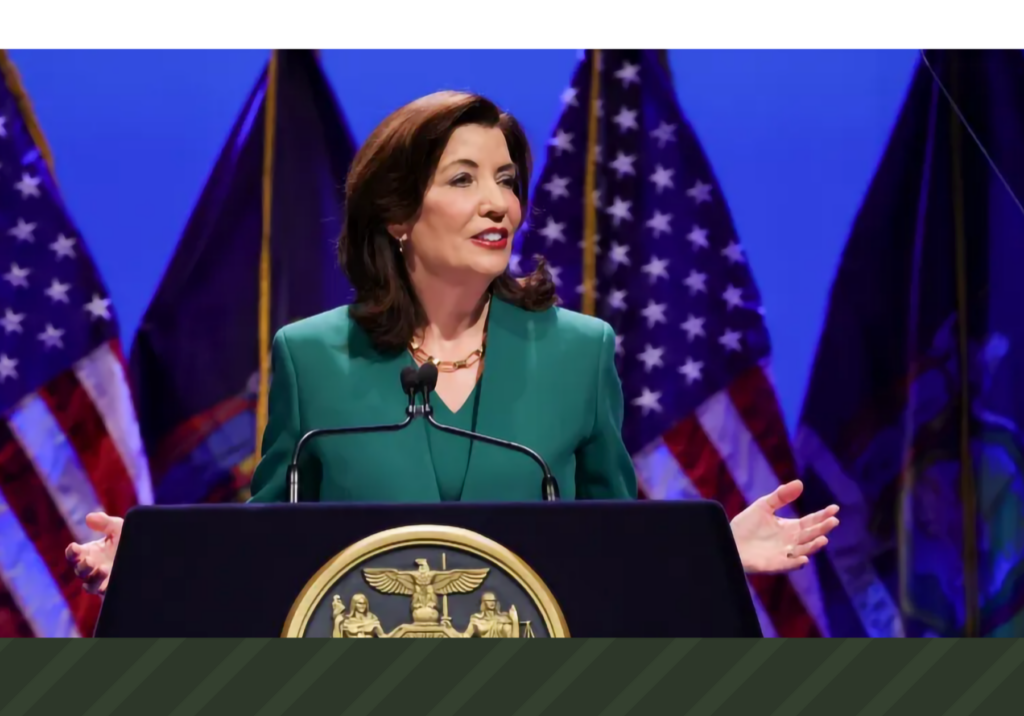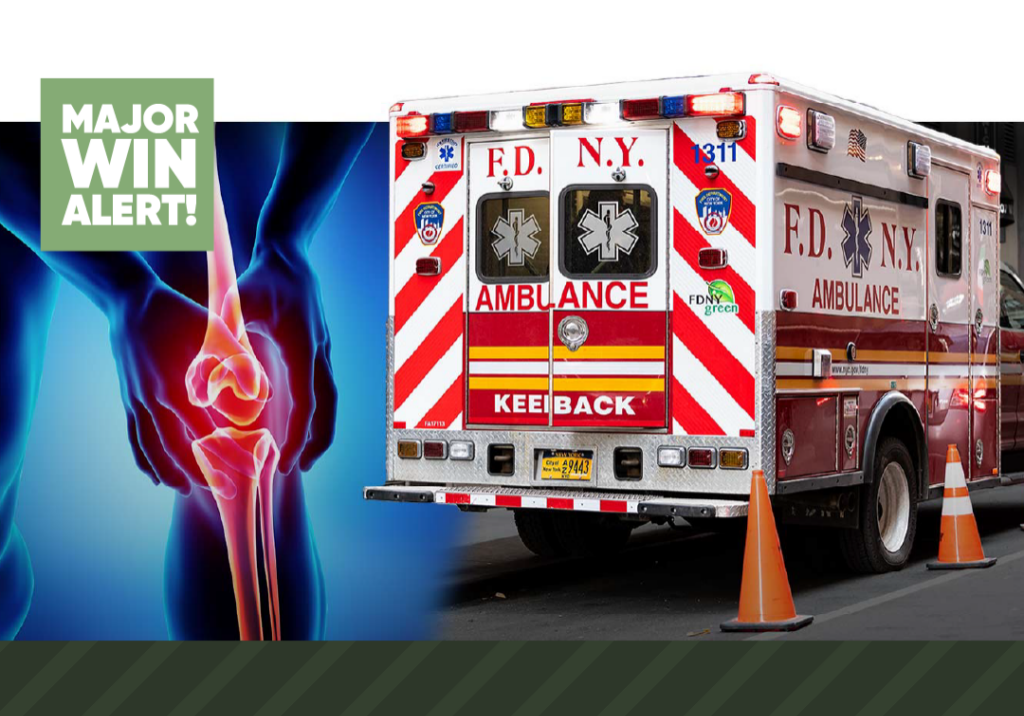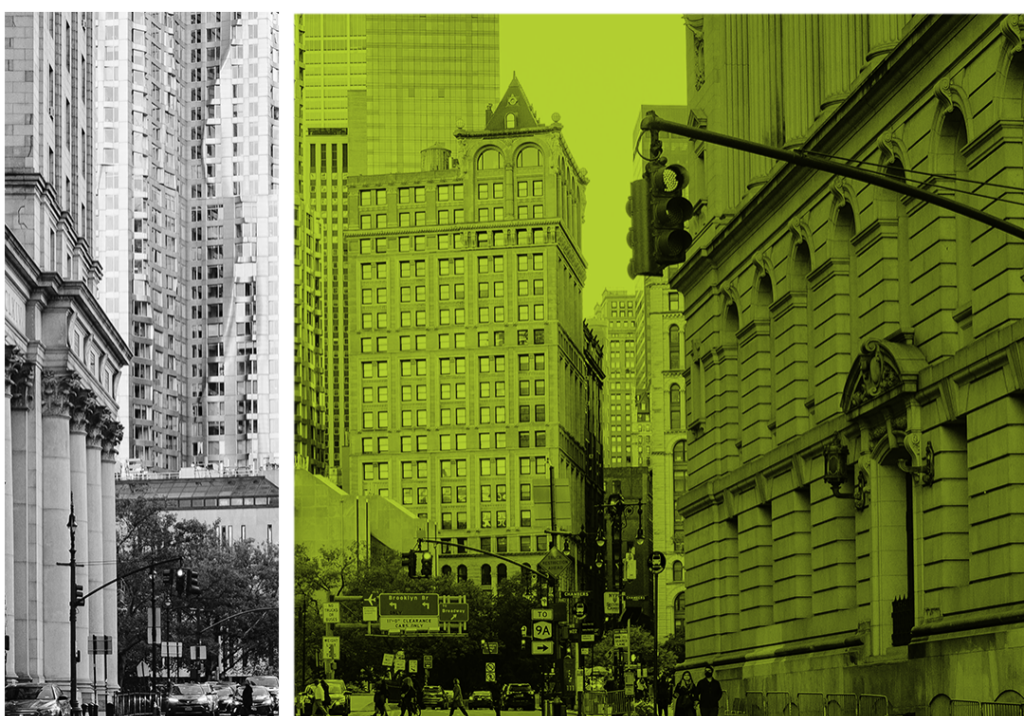On September 14, 2020, Governor Phil Murphy signed S.B 2380 into law. The new law allows for the shifting of the burden of proof for essential workers who contracted COVID-19 to the respondent. With this reform, a new rebuttable presumption now exists. The presumption is that an essential worker, working with the general public, who tests positive for COVID-19, developed the virus in the course of their employment. The reform is retroactive from March 9, 2020.
The Bill outlines covered essential workers into four different categories:
- A public safety worker / first responder;
- A healthcare worker (including transportation and social services);
- Anyone working in close proximity to the public (this would include grocery and liquor store employees, bank/ financial service employees, residential services, and hotels);
- Any other employee deemed an essential employee pursuant to the State of Emergency declarations.
Any state employee who was given the option of remote work, and refused it, would not be covered by the new law.
While the reform shifts the burden of proof from the petitioner to the respondent, the presumption is rebuttable.
Defense counsel can rebut the presumption by a preponderance of the evidence that the essential worker did not contract COVID-19 while working. In other words, the defense counsel would have to prove that it was more likely than not (greater than 50%) that the essential worker did not contract COVID-19 while at work.
What does this mean for you?
This makes the investigation of COVID-19 claims incredibly crucial. A defense counsel must be cognizant of the essential worker’s day- to-day life and other factors.
For example, some factors may include: if the essential worker was taking public transportation to work, if the worker was employed by more than one company, and whether or not the essential worker lived with anyone who had contracted COVID-19 prior to becoming sick. Questions regarding whether or not the essential worker self-quarantined or attended any social gatherings will also be helpful.
Your attorneys at Jones Jones LLC stand at the ready to navigate this new reform with you by thoroughly investigating the facts of the claim as well as the outside factors that could contribute to an essential worker contracting COVID-19.
Contact us today to schedule a consultation or Webinar on New Jersey’s new presumptive bill.


